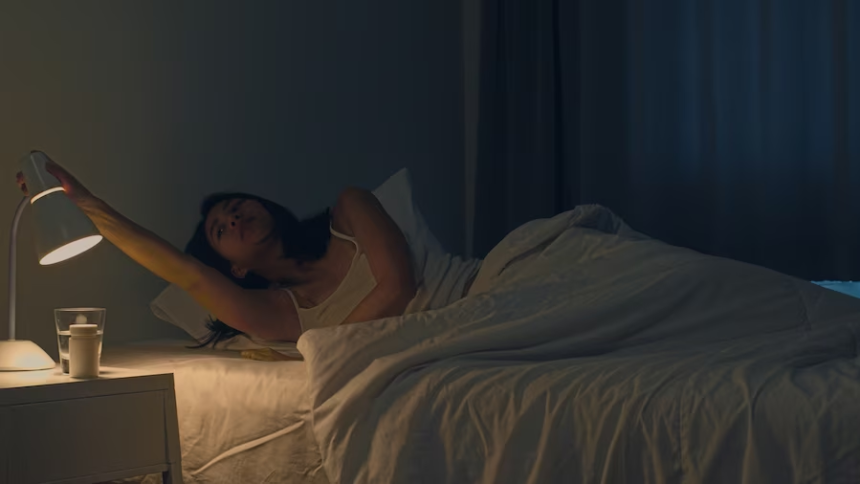Light is a powerful environmental cue that plays a crucial role in regulating our sleep-wake cycles, also known as circadian rhythms. In South Africa, where the climate and daylight patterns can vary throughout the year, understanding the impact of light exposure on our sleep is essential for maintaining healthy sleep patterns. In this article, we will explore the role of light in regulating sleep-wake cycles and provide insights into optimizing light exposure in South Africa for better sleep.
The Circadian Rhythm and Sleep: The circadian rhythm is our internal biological clock that regulates various physiological and behavioral processes, including sleep and wakefulness. It operates on a roughly 24-hour cycle and is influenced by external cues, with light being the most potent regulator. When our circadian rhythm is properly aligned with the light-dark cycle, we experience optimal sleep-wake patterns and overall well-being. However, disruptions in this alignment can lead to sleep disturbances and other health issues.
The Impact of Natural Light:
- Morning Light: Exposure to natural light, especially in the morning, helps regulate our circadian rhythm and promotes wakefulness. Morning light exposure signals to our bodies that it is time to be alert and active, leading to increased energy levels and mental alertness throughout the day.
- Daytime Light: Sustained exposure to natural light during the day supports optimal cognitive performance, mood regulation, and overall well-being. Spending time outdoors or near windows with ample sunlight can help maintain a healthy circadian rhythm and promote better sleep quality at night.
- Evening Light: In the evening, exposure to bright and blue-rich light, such as that emitted by electronic devices, can interfere with the production of melatonin, a hormone that regulates sleep. Excessive exposure to artificial light in the evening can delay the onset of sleep and disrupt the sleep-wake cycle.
The Impact of Artificial Light:
- Blue Light from Screens: Electronic devices, such as smartphones, tablets, and computers, emit blue light that can suppress the production of melatonin. This can delay the onset of sleep and disrupt the natural sleep-wake cycle. Limiting screen time, especially in the evening hours, can help mitigate the negative impact of blue light on sleep.
- Indoor Lighting: Artificial indoor lighting, particularly bright and blue-rich lights, can also affect our sleep-wake cycles. Using warmer and dimmer lighting in the evening can help create a more sleep-friendly environment and support the natural wind-down process before bed.
Optimizing Light Exposure for Better Sleep:
- Maximize Morning Light: Get exposure to natural light, especially in the morning, to help set your circadian rhythm and promote wakefulness. Take a walk outside, open curtains or blinds, or sit near a window during the early hours of the day.
- Seek Daytime Sunlight: Incorporate outdoor activities or find well-lit areas during the day to maximize exposure to natural light. If spending time outdoors is not feasible, position yourself near windows or invest in full-spectrum light bulbs that mimic natural daylight indoors.
- Minimize Evening Light: Limit exposure to bright screens, such as smartphones and computers, at least an hour before bedtime. Consider using apps or devices that filter blue light or wearing blue-light-blocking glasses to reduce its impact on sleep.
- Create a Sleep-Friendly Environment: Ensure your sleep environment is conducive to restful sleep. Keep the bedroom dark and quiet, use curtains or blinds to block outside light, and consider using low-wattage, warm-toned bulbs for evening lighting.
- Establish a Consistent Sleep Schedule: Maintain a regular sleep schedule by going to bed and waking up at the same time every day, even on weekends. This helps regulate your circadian rhythm and promotes better sleep quality.
- Consider Light Therapy: Light therapy can be beneficial for individuals who experience disruptions in their sleep-wake cycles due to shift work or other factors. Light therapy involves exposure to bright, artificial light in specific patterns and timings to help regulate circadian rhythms.
In conclusion, light exposure plays a significant role in regulating our sleep-wake cycles in South Africa. By optimizing our exposure to natural light, minimizing evening light exposure, and creating a sleep-friendly environment, we can align our circadian rhythms for better sleep and overall well-being. Being mindful of our light exposure can contribute to healthier sleep patterns and improved quality of life in South Africa.










